Question And Answer
Publications
Articles, publications, books, tools and multimedia features from the U.S. Institute of Peace provide the latest news, analysis, research findings, practitioner guides and reports, all related to the conflict zones and issues that are at the center of the Institute’s work to prevent and reduce violent conflict.
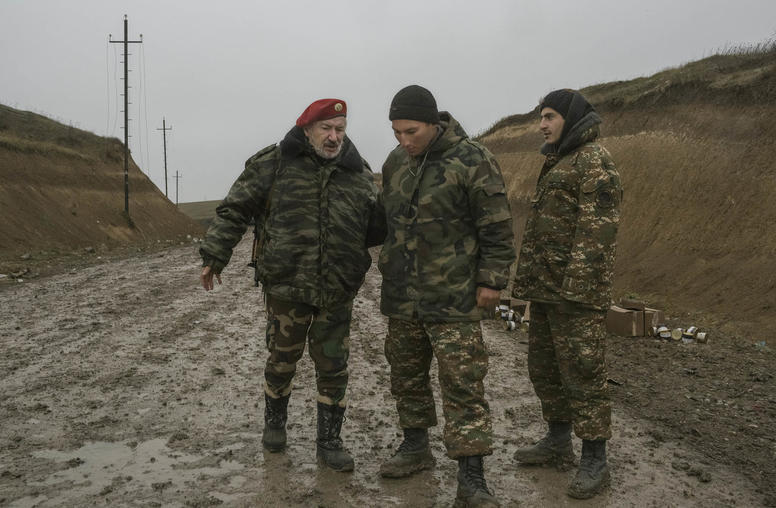
Amid Ukraine War, Armenia and Azerbaijan Fighting Risks Broader Conflict
Armenia and Azerbaijan reported nearly 100 combined deaths Tuesday, in the latest flare-up of violence between the two South Caucasus countries. For decades, tensions have simmered over the disputed Nagorno-Karabakh region, which is controlled by ethnic Armenians and claims independence but is internationally recognized as Azerbaijan’s territory. There are fears that these tensions could boil over into a larger conflagration, like the 2020 Armenia-Azerbaijan war that resulted in over 1,000 casualties. In 2020, Russian President Vladimir Putin negotiated a cease-fire to end the fighting. Today, with Russia bogged down in Ukraine, it is unclear if the Russian leader will be able to achieve a similar result, as regional stability hangs in the balance.
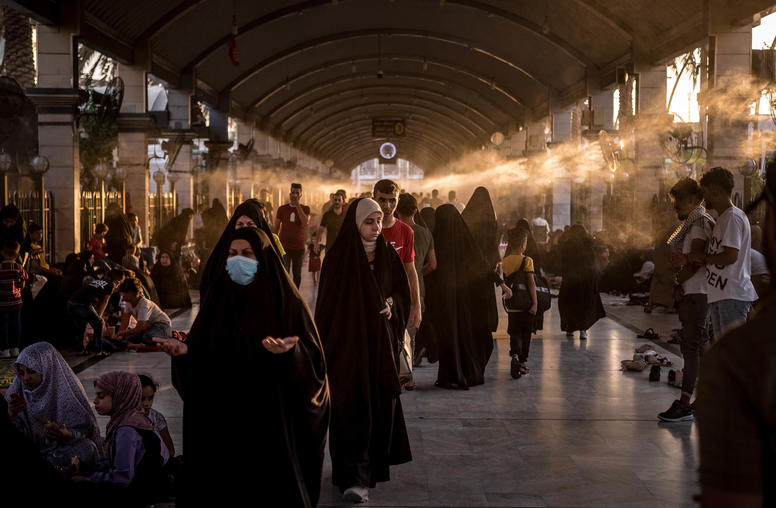
Can Arab States Bounce Back from COVID and Climates Crises?
More than two years into the pandemic, Arab states continue to struggle with the economic and social impacts of COVID-19. Meanwhile, climate change is devastating the region — and its governments are ill-equipped to address massive problems like water scarcity and scorching temperatures. Even before COVID, much of the region was wracked by conflict, embroiled in social tension, suffering from lagging economies and witnessing growing disquiet over the unrealized aspirations of the Arab uprisings. These challenges are detailed in the U.N. Development Programme’s recently released 2022 Arab Human Development Report, which also lays out a path for an “inclusive and resilient recovery.”
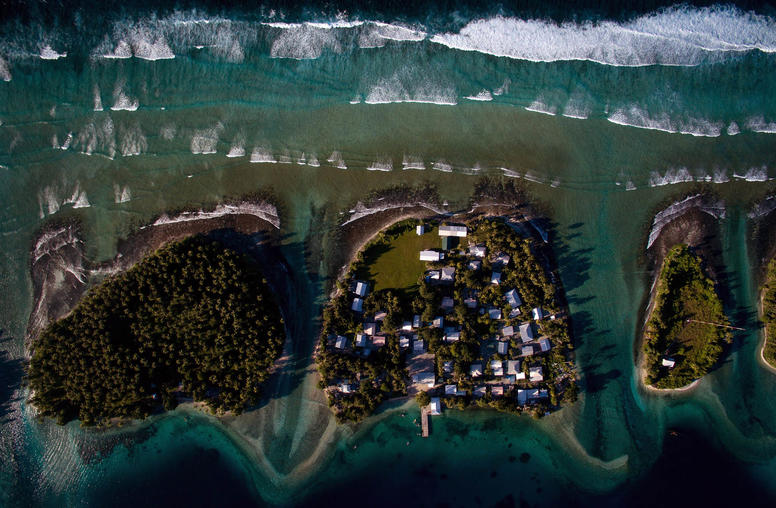
Why China’s Influence in the Freely Associated States Matters to the United States
For much of the last 75 years, the Pacific region and in particular the Freely Associated States of the northern Pacific (FAS) — the Federated States of Micronesia (FSM), the Republic of Palau and the Republic of the Marshall Islands — were not regarded as U.S. national security priorities.

What’s Next for Kenya After William Ruto’s Presidential Victory?
William Ruto’s emergence as Kenya’s fifth president represents a paradigm shift in the country’s politics. Ruto’s campaign was comprised of a mass movement of workers, the jobless, peasants and other “hustlers” and sought to distance itself from the dynasties that have long run Kenya’s politics. While Ruto was born in a small rural village in the Rift Valley, his opponent, Raila Odinga, is a former prime minister and the son of the country’s first vice president. Marginalized Kenyans see Ruto as the personification of a transformational agenda that centers their plight, defining a contest between hustlers and dynasties. While Kenya faces a dire economic situation, Ruto’s biggest challenge may be overcoming the country’s legacy of ethnic politics and building national cohesion.

Andrew Cheatham on the Importance of the U.N. General Assembly
Despite geopolitical tensions, the U.N. General Assembly remains important for cooperation on urgent global challenges like climate change, says USIP’s Andrew Cheatham: “It’s within the bureaucracy of the United Nations that a lot of countries can show leadership … If we didn’t have the U.N., I think we’d have to build it.”
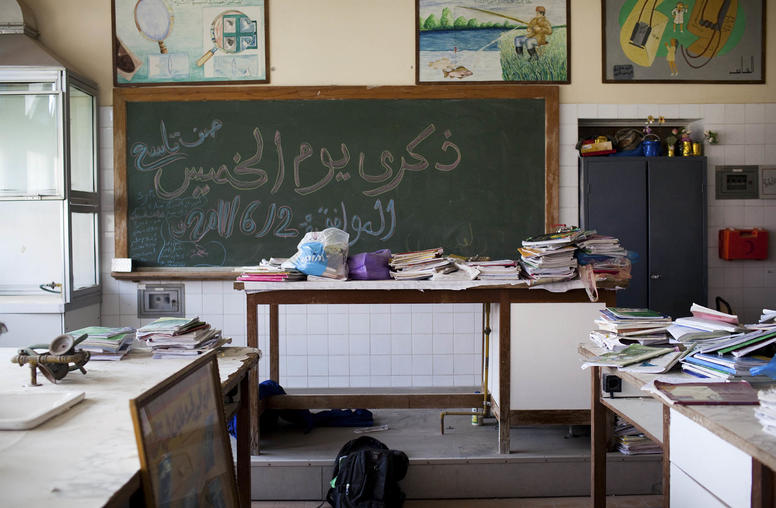
How Teaching Tolerance Can Promote Peace
Instability, conflict and human rights abuses are daily occurrences worldwide, often driven by hostility based on religion, belief or ethnicity. As policymakers look for ways to get upstream of potential human rights abuses, tolerance education can play a crucial role in preparing students to live in peace in our increasingly diverse world. The Transforming Education Summit, to be convened by U.N. Secretary-General António Guterres on September 16-19, provides an important opportunity to elevate tolerance education into the global education movement.
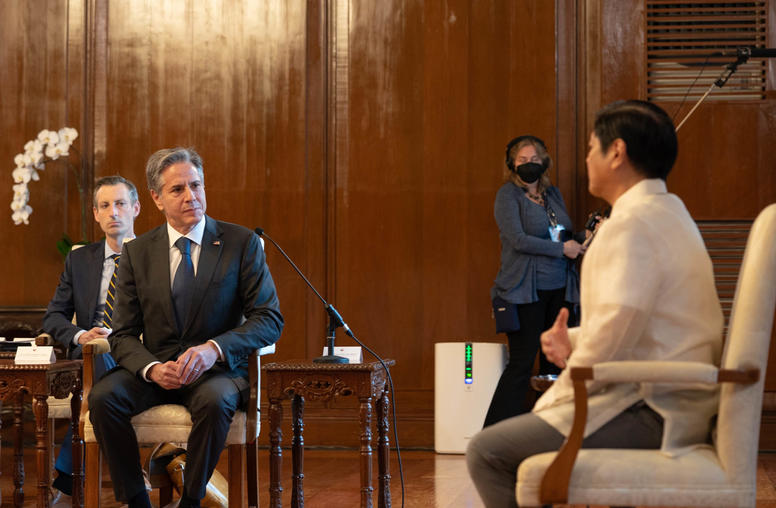
Bangsamoro Peace and the U.S.-Philippines Alliance
The election in May of Ferdinand Marcos Jr. as the 17th president of the Philippines presents an opportunity to reset U.S.-Philippines relations after six rocky years while President Rodrigo Duterte held the office. After Marcos’s sweeping election victory, President Biden called to congratulate him and then dispatched a series of U.S. officials to Manila, including Secretary of State Antony Blinken. Any concerns that the Marcos family’s corruption and lingering legal issues in the United States would hold up relations have been pushed aside due to the enormous interests the United States has in a functioning U.S.-Philippines alliance.
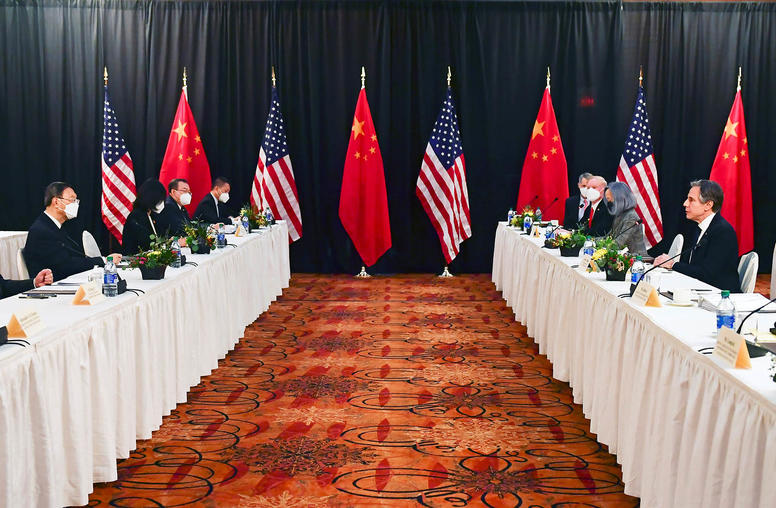
US-China Signaling, Action-Reaction Dynamics, and Taiwan: A Preliminary Examination
The United States and China have found it challenging in recent years to interpret one another’s foreign policy signals vis-à-vis Taiwan. Misinterpretation of the signaling may contribute to a cycle of actions and reactions that can inadvertently elevate bilateral tensions to the point of crisis or even war in the Taiwan Strait. This report, co-authored by three USIP experts and three experts from China’s Shanghai Institutes for International Studies, examines the challenges to clear and unambiguous US-China communications over Taiwan and provides preliminary recommendations for overcoming them.
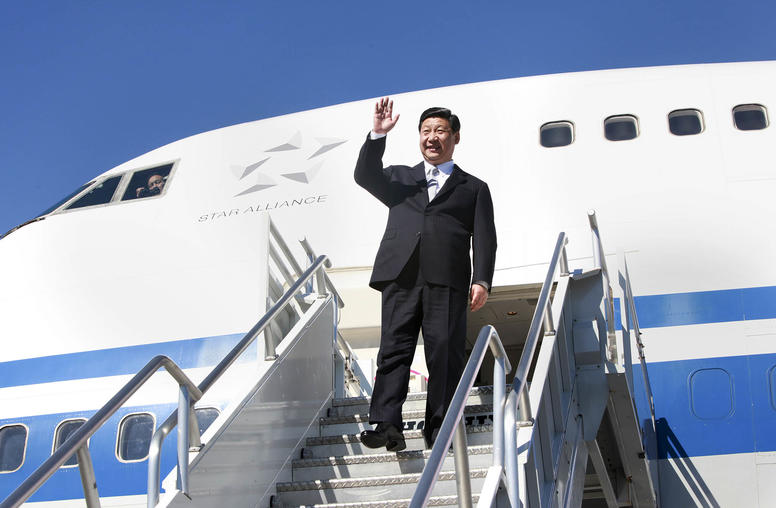
Will Xi or Won’t Xi: Is China’s Leader Heading to Saudi Arabia?
Last month witnessed considerable media speculation that Chinese leader Xi Jinping would soon visit Saudi Arabia in what would be his first trip overseas in two and a half years. However, this trip has yet to materialize. As the recent visit by a senior U.S. congressional leader to Taiwan reminds us, not every high-level government visit is necessarily publicly announced ahead of time. While it appears that Xi will make his first foreign trip since the onset of COVID-19 pandemic for the Shanghai Cooperation Organization (SCO) meeting in Uzbekistan on September 15, it’s worth exploring what these swirling rumors of an imminent Xi trip to Riyadh mean.
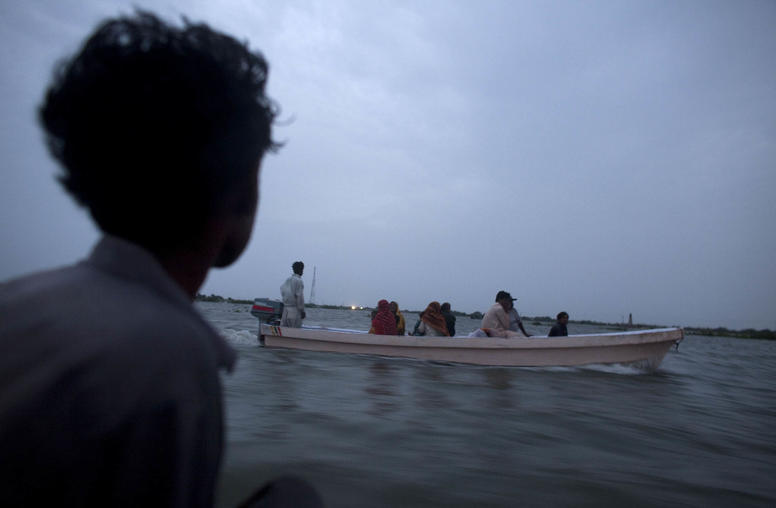
Why Pakistan Is Drowning
Pakistan is currently experiencing one of the worst environmental disasters in the world. One-third of the country is under water. Over 1,325 people have died and 33 million have been impacted. The latest statistics show that over 1,600 have been injured, 325,000 homes destroyed, 735,000 livestock lost and 2 million acres of crops damaged — numbers which are likely to increase. According to a rough assessment by Atlantic Council’s Uzair Younus and economist Ammar Khan, the direct damage to roads, homes, livestock and crops is over $3 billion, which is an astronomical amount for a developing country like Pakistan.